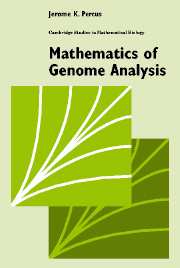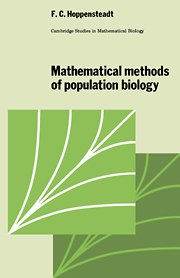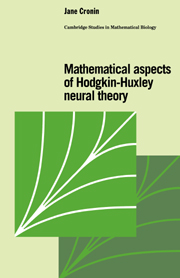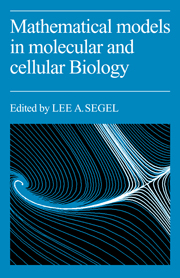Mathematics of Genome Analysis
The massive research effort known as the Human Genome Project is an attempt to record the sequence of the three trillion nucleotides that make up the human genome and to identify individual genes within this sequence. While the basic effort is of course a biological one, the description and classification of sequences also lend themselves naturally to mathematical and statistical modeling. This short textbook on the mathematics of genome analysis presents a brief description of several ways in which mathematics and statistics are being used in genome analysis and sequencing. It will be of interest not only to students but also to professional mathematicians curious about the subject.
- Mathematically elementary but rigorous presentation will appeal to a broad range of mathematicians
- Many examples and exercises
Reviews & endorsements
"Mathematics of Genome Analysis is a suitable textbook for a mathematics course aimed at raising awareness of the challenges that are posed by computational biology. It is also good first reading for mathematics students and professionals who want to get an idea of the exciting mathematical problems in the analysis of biological sequences." Phyics Today
"This is a lovely, short textbook on selective mathematical models in genomic DNA sequence analysis.... its style is unique..." The Quarterly Review of Biology
Product details
December 2001Paperback
9780521585262
150 pages
229 × 153 × 11 mm
0.232kg
Available
Table of Contents
- Preface
- 1. Decomposing DNA
- 2. Recomposing DNA
- 3. Sequence statistics
- 4. Sequence comparison
- 5. Spatial structure and dynamics of DNA
- Bibliography
- Index.






